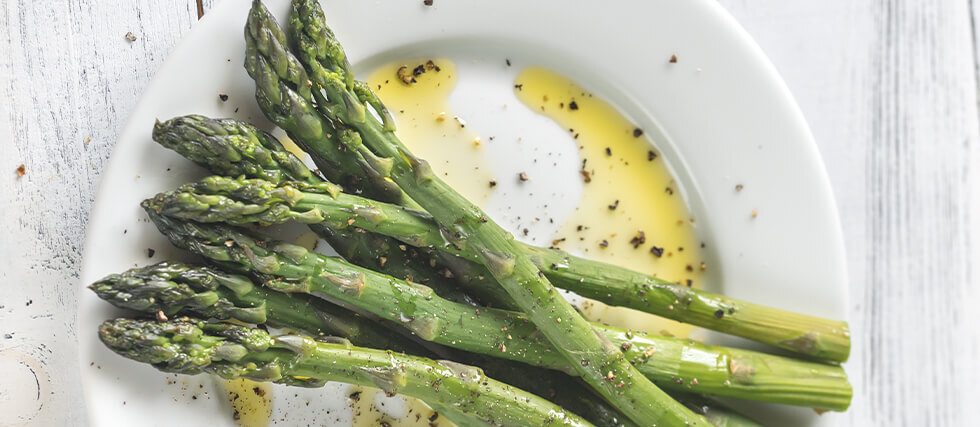Why Asparagus Deserves a Spot on Your Plate
Asparagus isn’t just a springtime favorite or a pretty side dish—it’s a nutritional powerhouse packed into a tender green spear. With barely 20 calories per half-cup serving, asparagus delivers an impressive punch of fiber, vitamins A, C, E, and K, and a hefty dose of folate—all of which add up to some serious health perks.
First off, your gut will thank you. Asparagus is rich in fiber and inulin, a natural prebiotic that fuels your good gut bacteria. It keeps digestion moving smoothly and helps ease constipation. Your belly stays happy, and your microbiome thrives.
But asparagus doesn’t stop at digestion—it’s also a quiet ally in the fight against rising blood sugar. Animal studies suggest it can help lower glucose and cholesterol levels, acting like certain diabetes medications. While more human research is needed, the potential is promising.
Asparagus shines in heart health. Its compounds help bind bile acids, which aids in cholesterol regulation. Animal models have shown that this tasty vegetable can lower blood pressure—good news for your cardiovascular system.
Perhaps most intriguing are its potential anti-cancer benefits. Asparagus contains powerful bioactive compounds like saponins and polysaccharides that may reduce inflammation, support detoxification, and help protect against oxidative stress, which is crucial in lowering cancer risk.
And let’s not forget your immune system. Asparagus encourages healthy immune responses by supporting red and white blood cell activity and even helping produce antibodies. It may also help defend against bacteria like E. coli.
If you’re aiming to trim body fat, asparagus might be a helpful addition. The compound asparagine appears to act directly on fat cells, aiding fat breakdown—another reason this veggie deserves more than a passing glance in the produce aisle.




